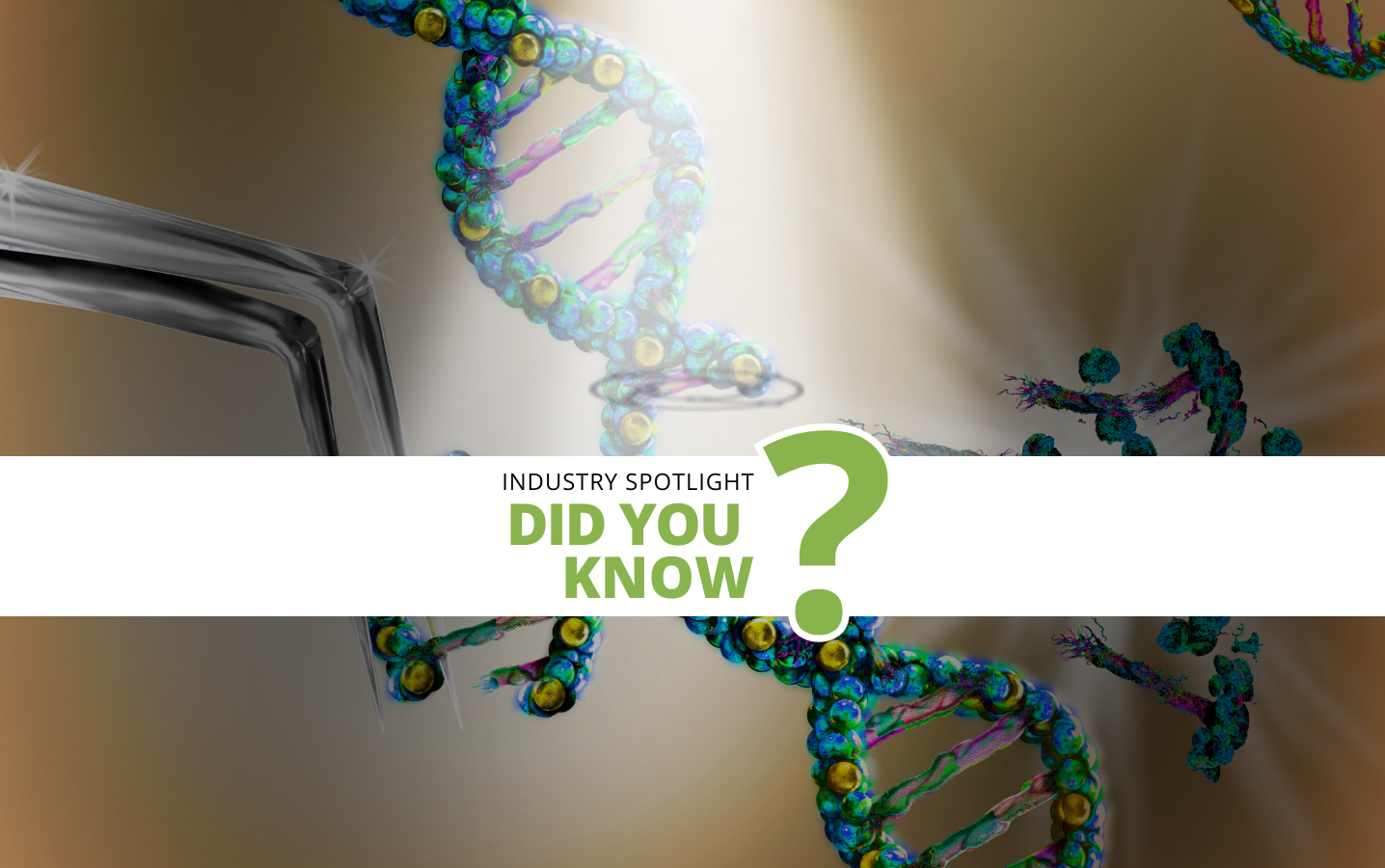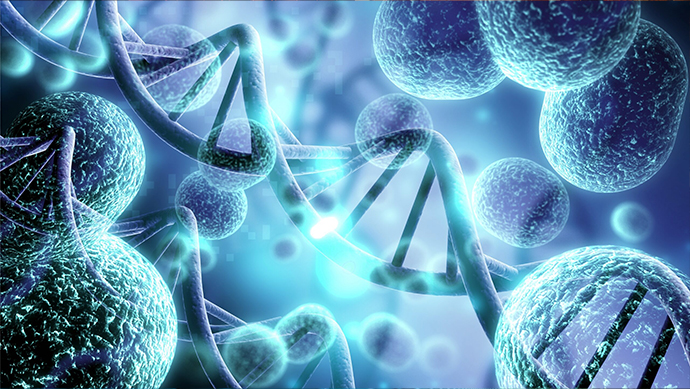Jaguar Gene's JAG201 Therapy Trial for SHANK3 Haploinsufficiency Receives FDA Approval

Autism spectrum disorder (ASD) is a neurological and developmental disorder that affects how people communicate, learn, and behave. It is a broad spectrum, and autism manifests itself in many different forms. Phelan McDermid Syndrome (PMS) is associated with ASD, it is a genetic condition caused by a mutation or deletion of the SHANK3 gene.
Jaguar Gene Therapy is a clinical-stage biotechnology company accelerating breakthroughs in gene therapy for patients suffering from genetic diseases. The company's gene replacement therapy, JAG201, targets a genetic form of ASD with the presence of a SHANK3 mutation and deletion. This gene therapy uses an adeno-associated virus serotype 9 (AAV9) vector to deliver a functional SHANK3 minigene directly to neurons in the CNS.
It is a one-time injection, and the therapy aims to restore synaptic function critical for neurodevelopment and the maintenance of cognitive and motor skills. As part of the initial Phase I clinical trial, the company plans to dose the first paediatric patient in Q1 2025, then the sample will accommodate adult patients.
Related:
- Curing HIV with cell & gene therapy?
- Advancing Melanoma Treatment: The FDA Gives Lifileucel The Greenlight in Historic Cell & Gene Therapy Breakthrough
- Innovation Hubs for Gene Therapies: Advancing the Academic-Led Clinical Development of Novel Gene Therapies
The FDA granted Fast Track designation for JAG201 based on the potential for the therapy to address a high unmet medical need. The fast-track status allows for enhanced communication and collaboration between the FDA and drug developers; potentially accelerating the delivery of treatments to patients.
Currently, there are no treatments available for the 46,000 individuals in the USA with ASD due to SHANK3 haploinsufficiency and those diagnosed with Phelan-McDermid syndrome. Those living with this genetic form of ASD can suffer from a range of clinical manifestations therefore it is important to address this. Patients with this gene mutation can experience developmental delay, impaired speech, cognitive decline, and motor function disability.
Joe Nolan, CEO of Jaguar Gene Therapy, stated: "We look forward to continuing to work with the FDA, key opinion leaders, and advocacy organisations in our efforts to bring forward a gene therapy treatment for autism spectrum disorder due to SHANK3 haploinsufficiency and genetically confirmed Phelan-McDermid syndrome."
Offering the treatment earlier to patients when they are children undergoing development could provide greater therapeutic benefit. Unlike other therapies, this addresses the root of the disorder rather than the symptoms. Dr. Alexander Kolevzon, Professor of Psychiatry and Paediatrics at Mount Sinai, emphasised this: "My patients and all those with SHANK3 haploinsufficiency deserve a treatment option that addresses the underlying biology.”
To conclude, this gene therapy aims to improve the quality of life for those with SHANK3 haploinsufficiency. It is anticipated that offering this treatment at an early stage will restore synaptic function to the patient, which plays a crucial role in neurodevelopment and maintenance of cognitive and motor skills.
Related Resources







